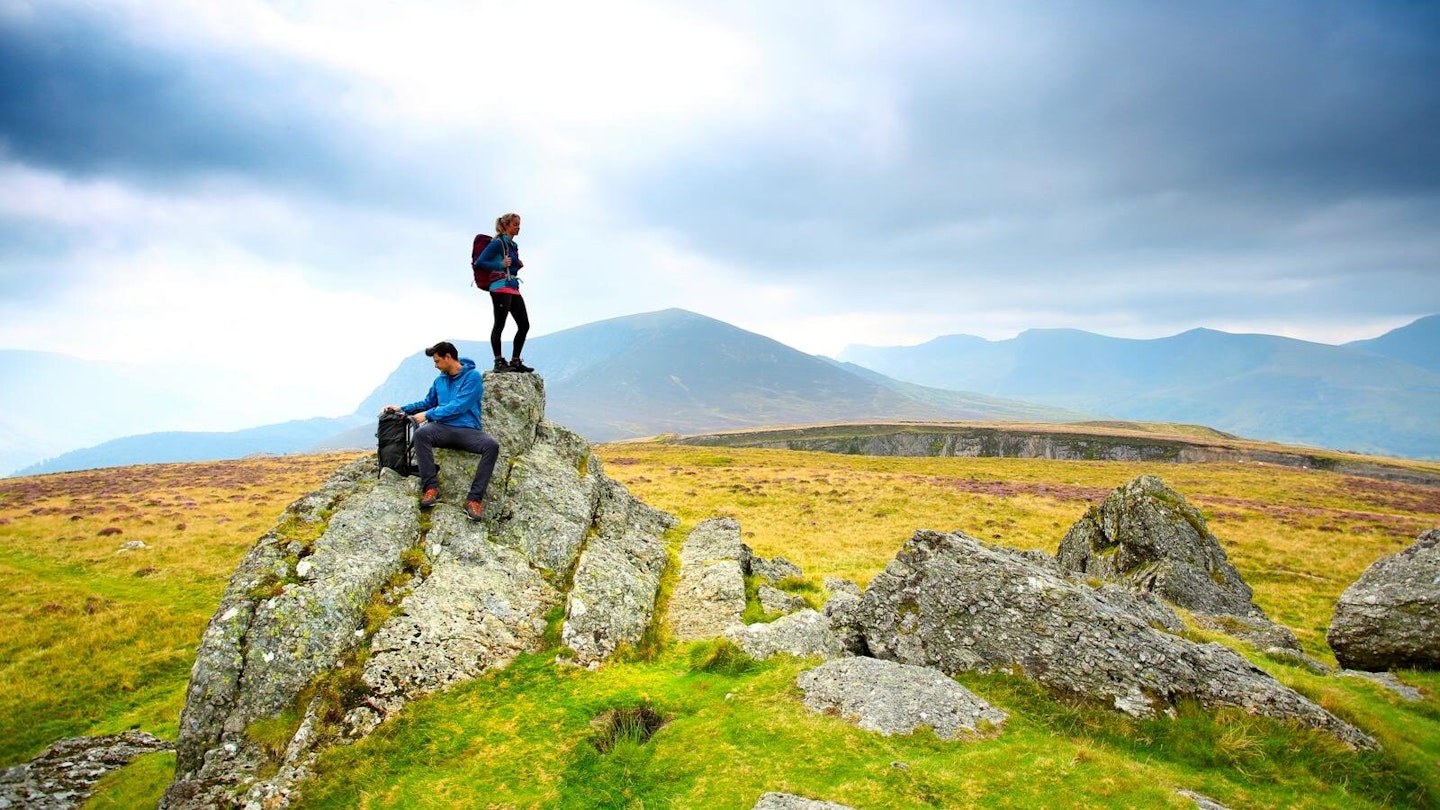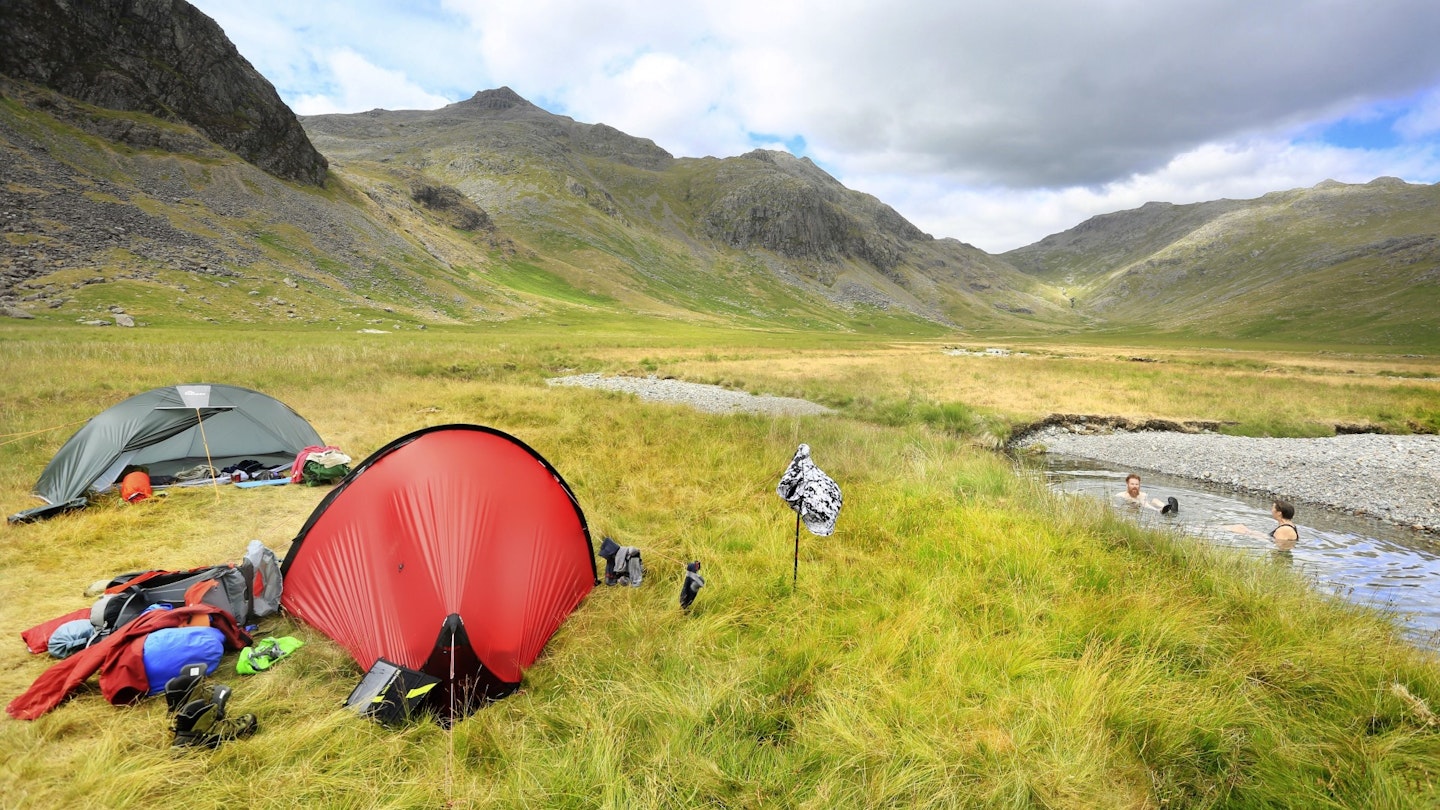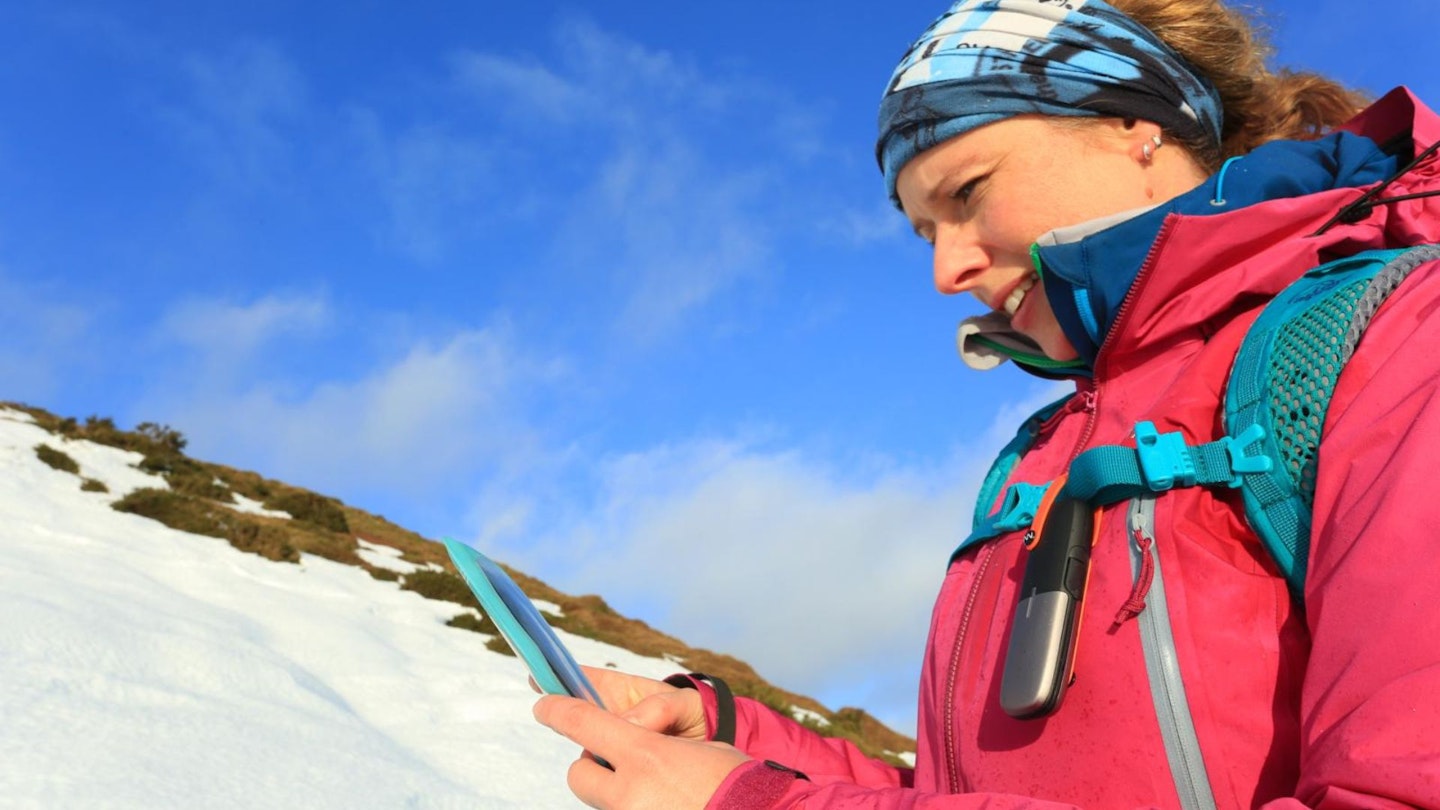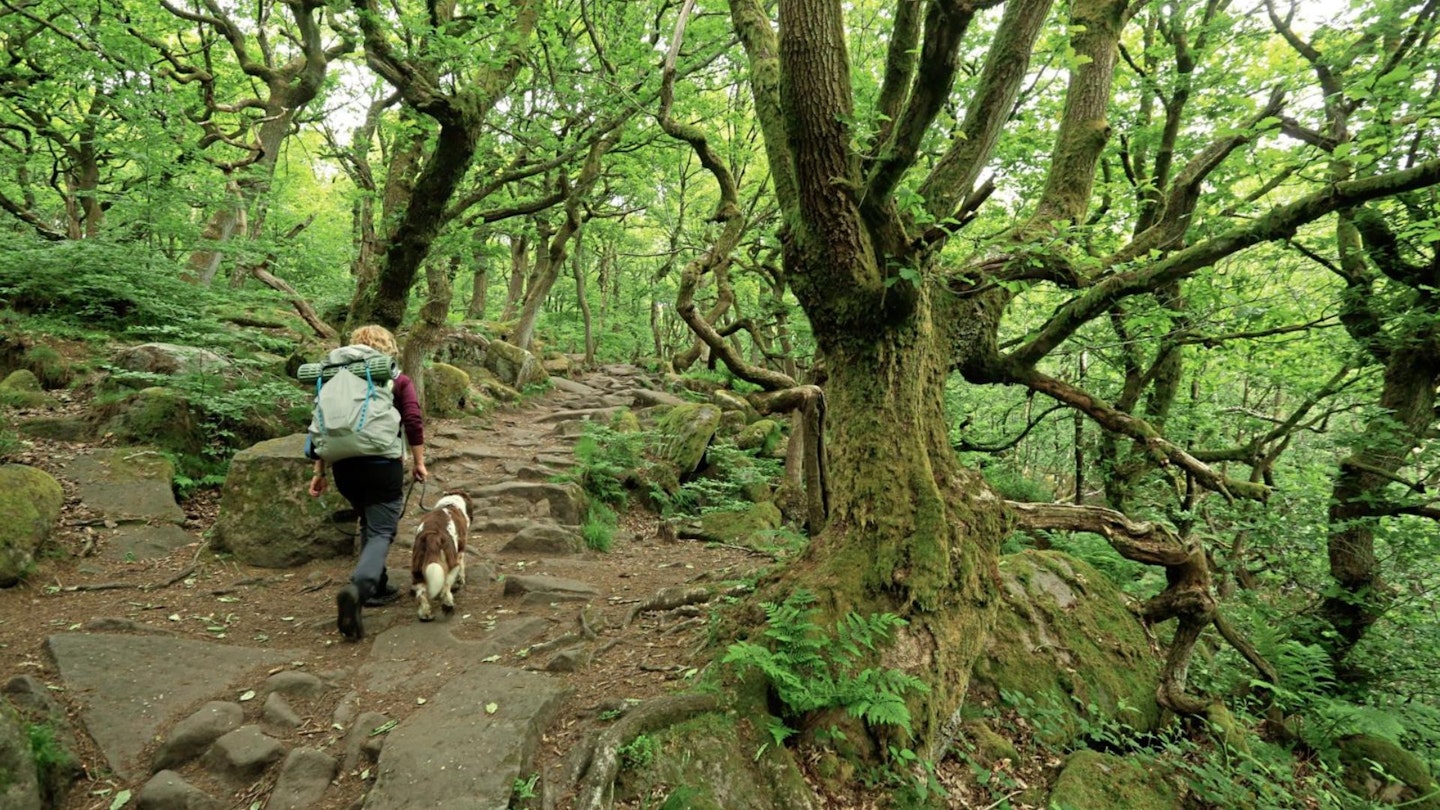A group of Labour MPs are calling for a major shake-up of access to the countryside, urging the government to enshrine in law the right to roam, swim and wild camp across England.
A report published this week by the All-Party Parliamentary Group (APPG) for Outdoor Recreation and Access to Nature says England needs new legislation to improve public access to nature.
Research cited in the report states that around 20 million people don’t live within a 15-minute walk of a green or blue space, while only 4% of rivers offer an uncontested right of access.
Led by MPs Andy MacNae, Phil Brickell and Polly Billington, the group argues that without legislative reform, millions will continue to miss out on the benefits of spending time outdoors.
The report calls for new legislation that would grant the public greater freedom to enjoy woodlands, riversides, lakes and farmland – not just on foot, but through a wider range of activities including swimming, cycling, horse riding and wild camping.
Here are some of the key points we’ve picked out.
More right to roam

Central to the report is the recommendation to expand statutory access rights. Currently, under the Countryside and Rights of Way Act 2000, people are permitted to roam on mapped ‘access land’, as found on mountains, moors, heaths and downs.
Crucially, the existing right to roam excludes most woodland, riversides and farmland. It’s also generally not permitted to cycle, camp, swim or horse-ride on open access land.
That means that much of England’s countryside remains inaccessible – only 8% of land is legally free to access, according to the campaign group Right to Roam.
The APPG wants this to change. It recommends setting up new statutory rights for responsible access across a broader range of landscapes and lifting restrictions so that more forms of recreation are allowed.
That means walkers could access more riversides and woodlands, cyclists and horse riders could use more off-road routes, swimmers could enter more rivers and lakes and campers could freely camp on access land.
“Legislating for a right of responsible access is, in our view, the most comprehensive, most equitable, and most cost-effective way of improving responsible access to the English countryside,” Right to Roam told the inquiry.
Wild camping back in the spotlight

The question of wild camping has grown increasingly contentious in recent years. Currently, it’s legally permitted to wild camp only on Dartmoor.
And even that’s contested – in March this year, the Supreme Court upheld the right to wild camp when a landowner unsuccessfully tried to overturn it.
The APPG report states that there should be more rights to wild camping, stating that the current lack of legal right limits opportunities to enjoy the outdoors.
At the same time, it reports that the Countryside Code needs to be updated to reflect the rise in popularity of wild camping, among other activities. A revised code would better inform the public about its responsibilities when wild camping.
“Countryside Code should be properly funded, and introduced as part of the national curriculum, alongside essential skills for enjoying the countryside and connecting with nature", says Mountain Training.
Free Ordnance Survey App

At present, the most useful features of the OS Maps App are behind a paywall, despite the fact the organisation is publicly owned.
The APPG calls for the Ordnance Survey app to be transformed into a free, universal mapping tool. This would ensure that “everyone has access to the information they need”.
A comprehensive, open-access system – similar to OpenStreetMap – should also include details on accessibility (such as gates, slopes and surfaces) and allow real-time reporting of access problems.
Further recommendations

To hold the government accountable, the APPG also highlights the need for a long-term plan with legally binding targets. This should be backed by an Access to Nature Investment Strategy, funding local authorities to improve public access.
The report calls for ensuring all children experience at least one residential outdoor activity – something that a group of leading outdoor organisations are also demanding. It recognises access to nature as a statutory public health responsibility.
Only with new, ambitious access legislation, can we “truly unlock the benefits of nature and outdoor recreation for all”.
Read the full report here.
